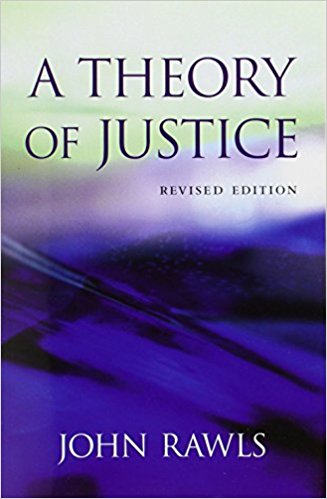We hope you love the books people recommend! Just so you know, The CEO Library may collect a share of sales or other compensation from the links on this page.
This book has 1 recommendation
Lucas Morales (Founder & CEO/Zeall.us)
Depending on your interest and goals, if you are like me and always looking for the trends in the big picture then I highly recommend being an active contrarian reader. Read what no one else is reading. Your goal is to think outside the box. To look at the world and ask “why hasn’t this been solved?” And that gives you a roadmap as to what opportunities may exist for your entrepreneurial efforts. So to that, here’s a snapshot, in no particular order, of what might help you push your intellectual boundaries:
- Born a Crime: Stories from a South African Childhood by Trevor Noah
- 23 Things They Don't Tell You About Capitalism by Ha-Joon Chang
- Postcapitalism: A Guide to Our Future by Paul Mason
- Capital in the Twenty-First Century by Thomas Piketty
- Who Gets What--And Why: The New Economics of Matchmaking and Market Design by Alvin E. Roth
- The Political Economy of Participatory Economics by Michael Albert and Robin Hahnel
- The Zero Marginal Cost Society: The Internet of Things, the Collaborative Commons, and the Eclipse of Capitalism by Jeremy Rifkin
- Why America Misunderstands the World by Paul R. Pillar
- A Theory of Justice by John Rawls
- Prisoners of Geography by Tim Marshall
Amazon description
Since it appeared in 1971, John Rawls's A Theory of Justice has become a classic. The author has now revised the original edition to clear up a number of difficulties he and others have found in the original book.
Rawls aims to express an essential part of the common core of the democratic tradition--justice as fairness--and to provide an alternative to utilitarianism, which had dominated the Anglo-Saxon tradition of political thought since the nineteenth century. Rawls substitutes the ideal of the social contract as a more satisfactory account of the basic rights and liberties of citizens as free and equal persons. "Each person," writes Rawls, "possesses an inviolability founded on justice that even the welfare of society as a whole cannot override." Advancing the ideas of Rousseau, Kant, Emerson, and Lincoln, Rawls's theory is as powerful today as it was when first published.
Get this book on Amazon | Barnes & Noble | Book Depository



